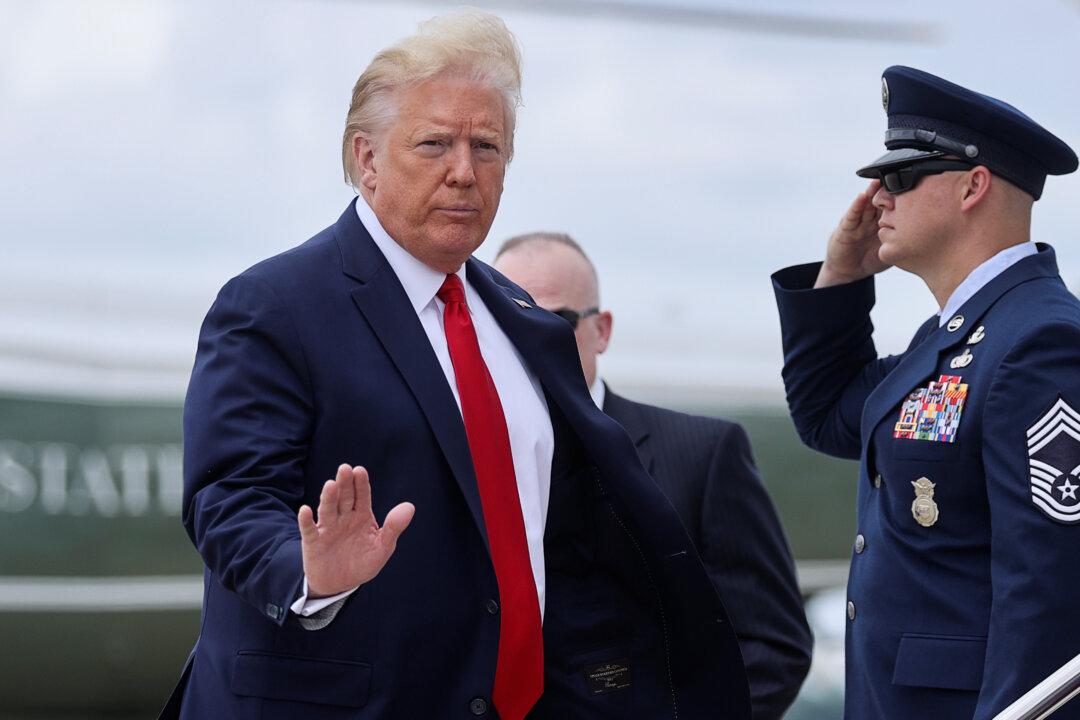President Donald Trump signed an executive order on May 28 directing federal agencies to develop regulations under an existing law that protects social media companies from being sued for user content. The regulations aim to protect users from unfair or deceptive content restriction practices employed by these companies.
The order may force social media giants such as Twitter, Facebook, and YouTube to relax their content restrictions, especially on political speech, lest they risk losing significant liability protections.





